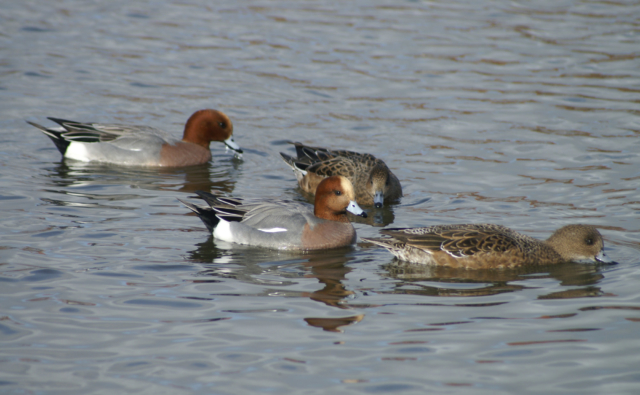Is ageing inevitable? While most living beings grow old, some do so more slowly than others. A new scientific study published in the Proceedings of the National Academy of Science (PNAS) addresses a fascinating question: what if migration influences the way we age? To explore this mystery, scientists turned their attention to the pink flamingo (Phoenicopterus roseus), a graceful migratory bird that is emblematic of the Camargue region of France.

Birds that do not all age in the same way
Thanks to a flamingo tagging and tracking programme conducted for over 40 years by the Tour du Valat research institute, scientists have discovered a surprising phenomenon: migratory flamingos age more slowly than resident flamingos.
In this species, some birds remain in the Camargue for their entire lives (they are called ‘residents’), while others travel every year along the shores of the Mediterranean (these are the ‘migrants’). At the beginning of their adult life, resident flamingos fare better: well established in the lagoons of the French Mediterranean coast during the winter, they survive and reproduce more than migrants.
But at what cost? As they age, residents decline more rapidly. With 40% greater ageing, their ability to reproduce decreases and the risk of death increases faster than among migratory flamingos. On the contrary, migratory flamingos, those that leave to spend the winter in Italy, Spain or North Africa, pay a high price for these seasonal journeys early in life (higher mortality and lower reproduction rates) but seem to compensate for this by slower ageing at an advanced age. Thus, the onset of the ageing process occurs earlier in residents (20.4 years on average) than in migrants (21.9 years).
Migration: an animal behaviour that influences ageing
This study shows that seasonal migration – a behaviour exhibited by billions of animals – can influence the rate of ageing. In flamingos, deciding not to migrate offers advantages early in life that are associated with accelerated senescence at an advanced age. ‘This is probably linked to a compromise between performance when young and health in old age,’ explains Sébastien Roques, researcher at the CNRS and co-author of the study.
‘Residents live intensely at fiirst, but pay for this pace later on. Migrants, on the other hand, seem to age more slowly.’
With their long lifespan (some live to be over 50 years old!) and behavioural diversity, flamingos are more than just an iconic animal of the Camargue. They also provide an ideal model for understanding ageing in animals.
‘That’s the whole point of having continued this study over the long term. Initiated in 1977 in the Camargue by tagging flamingos with rings that can be read from a distance with a telescope, this programme still allows us to observe flamingos tagged that year,’ explain Arnaud Béchet and Jocelyn Champagnon, research directors at the Tour du Valat and co-authors of the study. ‘This is a unique dataset that is proving invaluable for understanding the mechanisms of ageing in animal populations.’
Unravelling the secrets of ageing, a scientific and existential quest
This discovery is part of an exciting field of research: senescence, or biological ageing.
Hugo Cayuela, one of the study’s co-authors and a researcher at the University of Oxford, comments: ‘Understanding the causes of changes in the rate of ageing is a problem that has obsessed researchers and polymath philosophers since ancient times.’ He continues ‘For a long time, we thought that these variations occurred mainly between species. But recently, our perception of īhe problem has changed. We are accumulating evidence showing that, within the same species, individuals ofiten do not age at the same rate due to genetic, behavioural and environmental variations.’
By studying how certain animals are born, reproduce and die, scientists hope to unlock the secrets of ageing… In doing so, they are attempting to answer one of the most existential and central questions in biology: why and how do we die?
Study reference
H. Cayuela, S. Roques, A. Arnaud, C. Germain, A. Béchet, & J. Champagnon, Migration shapes senescence in a long-lived bird, Proc. Natl. Acad. Sci. U.S.A. 122 (36) e2422882122, https://doi.org/10.1073/pnas.2422882122 (2025).




